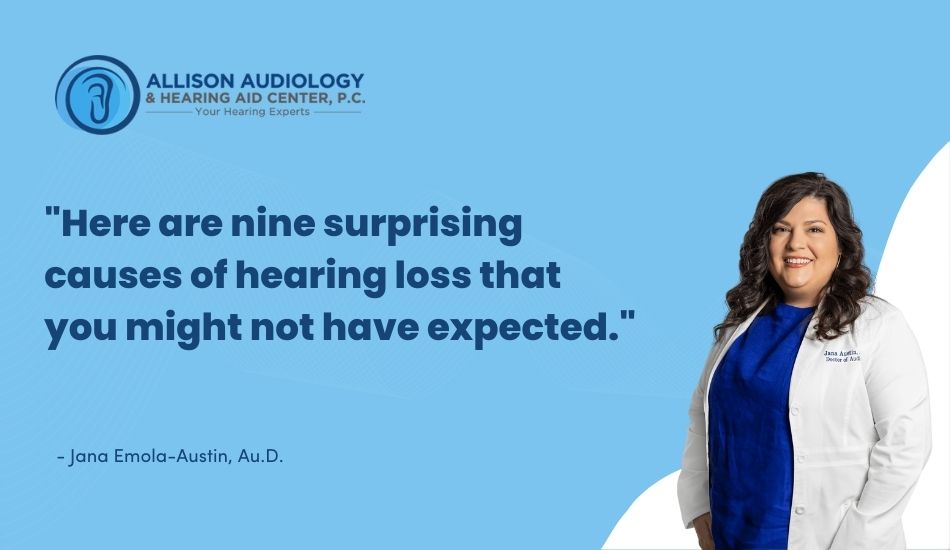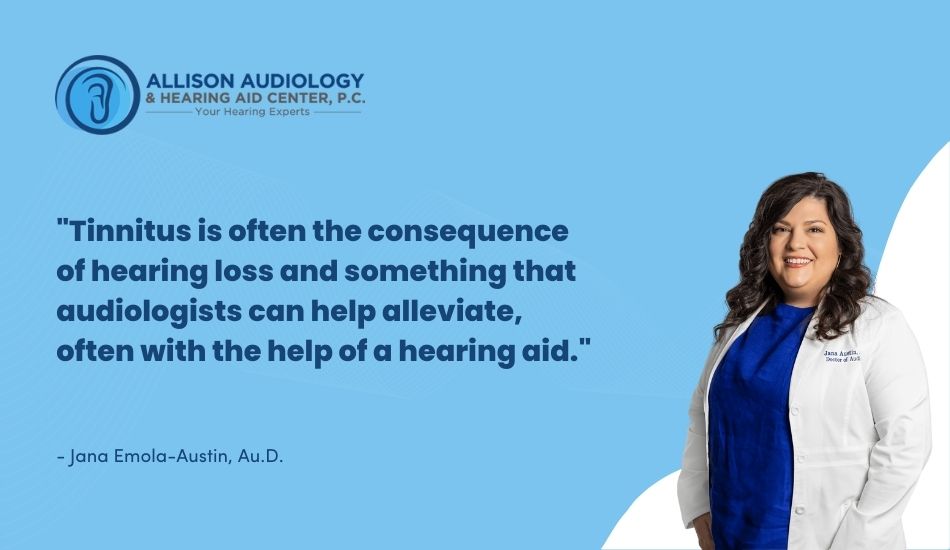If you suffer from lost hearing or tinnitus, hearing aids can be life-changing devices that allow you to interact with friends, family and your surroundings in a far better manner. However, if those products are to improve your daily life to their full potential, it’s imperative that you find the right option.
There are a plethora of options on the market and there is no one right or wrong answer. Ultimately, it’s all about finding the right hearing aid for you and the audiologist is the best person to help make it happen. Nonetheless, a little background information can put you in a far stronger position. Here are the answers to the questions you’re itching to ask.
Aren’t all hearing aids the same?
Not at all. While all hearing aids are designed to provide the same fundamental function, the performances and comfort levels can vary massively from one device to the next. This is why you must do your background research.
The list of issues that can influence your final decision is quite vast and includes:
- Type of hearing loss
- Severity of hearing loss
- Medical history
- Personal comfort
- Other treatments and management methods
- Tech capabilities
- Work and lifestyle habits
With so many issues to consider, finding the perfect hearing aid can feel very daunting. With the help of a caring audiologist behind you, though, it’ll be far less difficult than you first fear.
What are the most important things to consider?
When it comes to selecting the right hearing aid for you, there are a number of things to consider, including the different styles and features available. Finding the right features and type of hearing aid for you will ensure you get the best listening experience and it fits flawlessly into your everyday life.
Hearing aid styles
First and foremost, you’ll need to find the right style of hearing aid. There are three primary categories to consider, which are:
Behind the ear (BTE): BTE hearing aids have two main parts. First, there is a main case that will house the receiver that picks up the external sounds. This part also holds the battery and other main features. Secondly, there will be an earmold or a tip. The two main parts are connected via tubing or a thin wire. The BTE devices are slightly larger than the other options, but allow for more features and better handling. They are ideal for individuals with mild-to-profound hearing loss.
In the ear (ITE): ITE hearing aids sit in the outer ear bowl and come in half and full shell varieties. While smaller than BTE hearing aids, they are still sizeable enough for individuals with dexterity issues to easily clean them and change batteries. They also come in skin and hair tones to help them be less visible if you are concerned with aesthetics. They are suitable for individuals with mild-to-moderately-severe hearing loss and can still accommodate numerous features and generate power.
In the canal (ITC): The smallest of all hearing aid varieties, ITC hearing aids sit inside the canal and are the most discreet option. They don’t bolster quite the same power as some of the larger models, but can be suitable for individuals with mild-to-moderate hearing loss. However, because of their size, they are not recommended if you struggle with dexterity issues.
Evaluate hearing aid features
It’s also worth investing in the features that make your daily life a lot easier. This can include options like directional microphones, Bluetooth connectivity, noise-cancelation features, wind reduction and multiple programming options. Your audiologist will evaluate your symptoms and hearing loss severity, in addition to your lifestyle and budget needs to recommend the features that will be most beneficial to you. During the hearing aid fitting, the audiologist will then program your selected device to your specific needs and ensure it is comfortable when worn. They will provide you with a schedule to help you best adjust to your hearing aid and will follow-up to discuss any potential issues or questions you may have.
What next?
Having this background info behind you should help point you in the right direction, but you need to be 100 percent happy with your decision. Therefore, discussing the matter with an audiologist, as well as getting a professional fitting is the ideal solution.
Allison Audiology & Hearing Aid Center, P.C. can provide all the help needed to ensure you gain the very best hearing aids for your needs. Take the first step by calling (713) 827-1767 for our Houston location.




